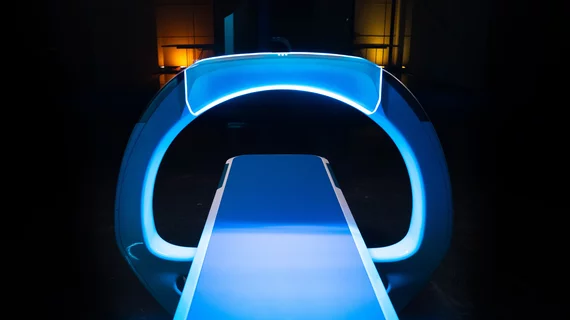Investors pinpoint 3 promising signs for imaging startup Nanox
Nanox Imaging has faced a number of negative claims in recent months, including a class action lawsuit alleging the startup has misled investors. But a recent piece published by the Motley Fool identified three "green flags" that may indicate a brighter future for the firm.
For one, the Nanox.ARC system has cost advantages over traditional machines, including no internal filament that burns out and needs replacing like conventional modalities, according to the investing news site. Its flagship product is smaller and requires less energy than normal x-ray systems. Nanox expects is x-ray tube to cost $100 per unit, compared to the up to $150,000 required today.
Motley Fool contributor Alex Carchidi writes that the company expects to receive regulatory approval for its Nanox.ARC in the first quarter of 2021. And the startup has more than 5,150 preorders for this unit, according to the Oct. 26 report, with expectations to have installed 15,000 machines by 2024.
Perhaps the largest selling point, however, is the Israeli startup’s pay-per-scan pricing model that accompanies its minimum annual service fee. “This could drive down the cost of individual scans to as low as $14 per scan while also keeping up-front capital expenditures low,” Carchidi writes.
Of course, Nanox has not yet proven that its imaging system works, but the company said it plans to demonstrate its technology at RSNA in December.
Read more from the Motley Fool below.

